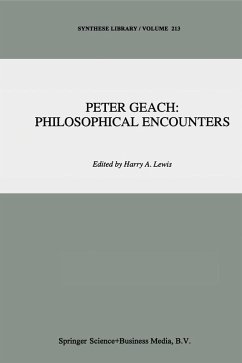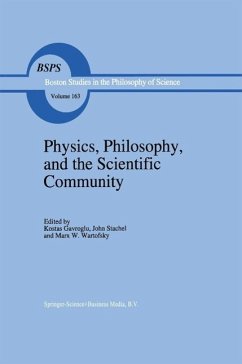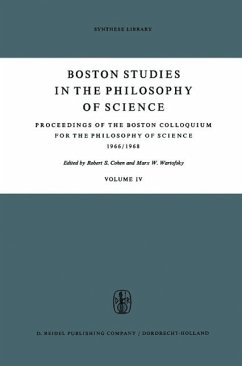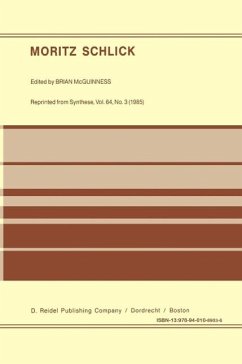
Philosophical Explorations of the Legacy of Alan Turing (eBook, PDF)
Turing 100
Redaktion: Floyd, Juliet; Bokulich, Alisa
Versandkostenfrei!
Sofort per Download lieferbar
96,95 €
inkl. MwSt.
Weitere Ausgaben:

PAYBACK Punkte
48 °P sammeln!
Chapters "Turing and Free Will: A New Take on an Old Debate" and "Turing and the History of Computer Music" are available open access under a Creative Commons Attribution 4.0 International License via link.springer.com.
Dieser Download kann aus rechtlichen Gründen nur mit Rechnungsadresse in A, B, BG, CY, CZ, D, DK, EW, E, FIN, F, GR, HR, H, IRL, I, LT, L, LR, M, NL, PL, P, R, S, SLO, SK ausgeliefert werden.












